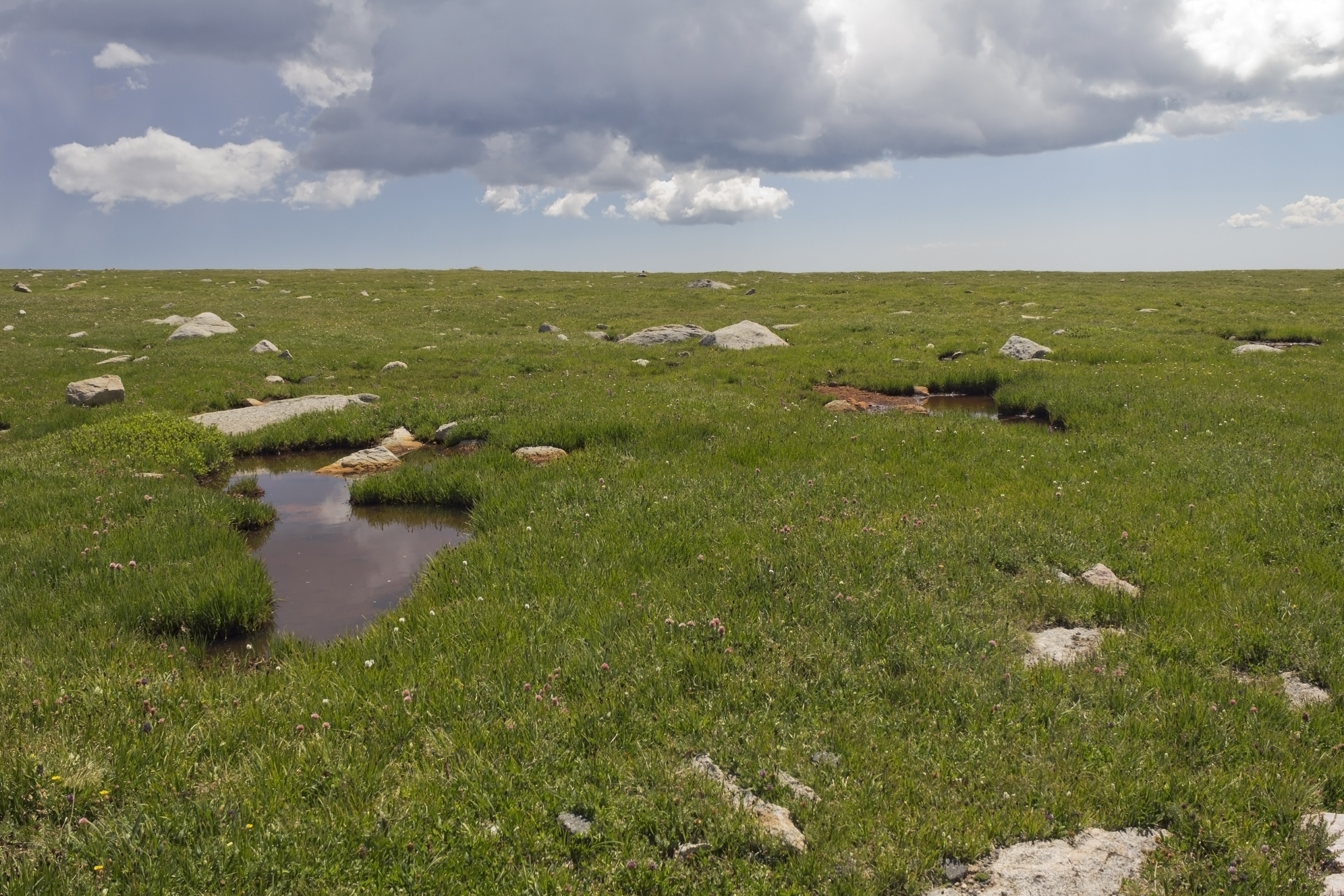Last week on the 22nd and 23rd Ecologic movement Ecologistas en accion organised a two days event to discuss the European policies on Biofuels and transport model and in coordination with transport and environment and Amigos de la tierra, a debate opened on Europe’s approach towards the energy crisis.
The continuous deterioration and dependency on fossil fuels is unsustainable on the long run both economically and climatically.
The E.u has recognised this problem and therefore initiated a new polict based on sustainability. The strategy has been to convert our dependency from fossil fuels to biofuels, these agricultural derivate product mainly vegetable oil and cereals. The strategy established by the Eu in 2008 is to have at least 10% of all transport energy to be based on renewable energy of which half it is estimated will come from food crops.
We are confronted an energy and an environmental crisis and the Eu plan to increase biofuels production is intended to reduce Co2 emission and to decrease its dependency on fossil fuels at the same time.
However the same commission recently published a study, which reverts the theory and actually predicts an increase in Co2 emission which will derive from the massive use of biofuels as a consequence of indirect land use change (ILUC). ILUC relates to the unintended indirect consequence of releasing more carbon emission due to land use changes as a consequence of the increase of land used for biodiesel production as a response to increased demand.
The increase in demand results in higher prices to maintain supply therefore pristine lands are cleared to replace food crops to biofuels production. New lands such as rainforests or grasslands are also known as carbon sinks, as plants store Co2 in the ground, therefore clearance of these results in an increase in greenhouse emissions. Without taking in consideration the indirect effects of biofuels , known as first generation bio fuels, most existing biofuel crops are seen to be contributing to reducing Co2 emission, but once the indirect effects are taken into account several types of biofuels produced from agricultural energy crops cause more climate problems than they solve. Crops such as biodiesel rapeseed palm and soybean oil which account for 80% of consumption would not be eligible for European subsidies.
According to Oxfam, land made available for biofuels would impact on communities around the world where land rights are poor by therefore causing hunger. Land claims will push up prices for other crops. If the land used for biofuels in 2008 would have been used to produce wheat it would have fed 127 million people. We are are using food to run our cars while people elsewhere might go hungry. The model needs to be reviewed to take these factors in to account by minimizing the use of transport and its efficiency.
The energy crisis and Europe dependency on traditional Carbon fuels for transportation, the deterioration and unsustainability of the increase of land used for biodiesel production in response to increased demand.
